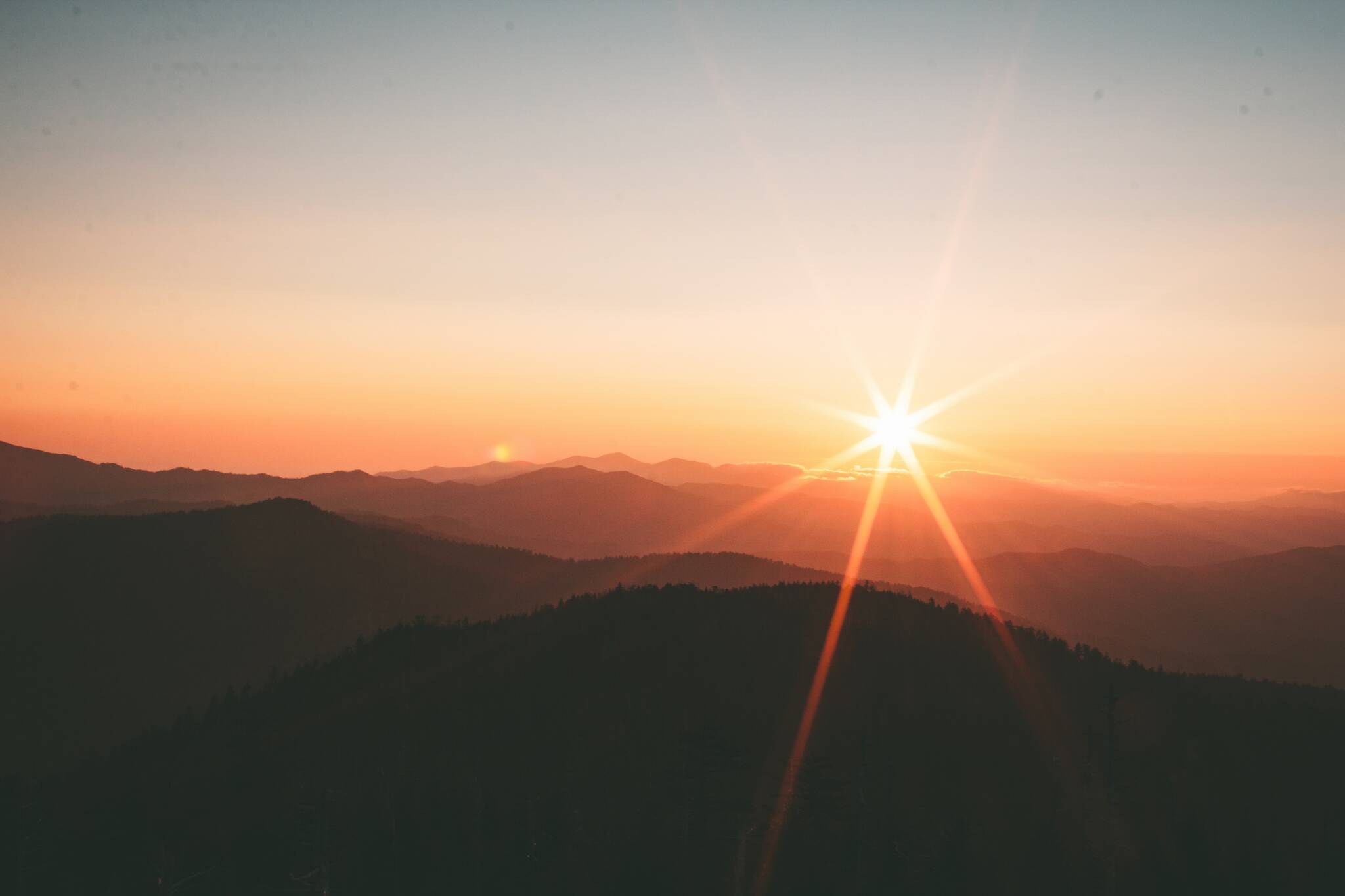By Rich Moniak
Last week, by unanimous consent, the U.S. Senate passed the “Sunshine Protection Act.”
If signed into law, Daylight Savings Time will become the new standard time throughout the year in all but two states. According to Sen. Patty Murray, D-Wash., it will bring us “more sunshine and less depression.” And Sen. Marco Rubio, R-Fla., thinks children everywhere will be spending less time “sitting in front of a TV or a computer terminal or playing video games.”
I’m not opposed to eliminating the biannual time change to and from DST. But I’m confident it alone won’t deliver the benefits touted by Murray and Rubio. And I think permanent DST is the wrong solution.
Obviously, no congressional act will create more sunshine. And the causes and states of depression are too complex to be wiped away by an extra hour of evening daylight.
For Alaskans who suffer from seasonal affect disorder, permanent DST won’t change much. For several weeks before and after the winter solstice, there still won’t be nearly enough hours of daylight.
Hawaiians don’t have that problem. The sun sets almost 11 hours after it rises on the shortest day of their year. The summer solstice is only 2-1/2 hours longer. That’s why they’ve never been on DST.
Arizona hasn’t either. Their shortest and longest days vary more. But the main concern there is DST would extend the extreme summer heat later into the evening.
The American Academy of Sleep Medicine advises doing away with DST everywhere. They believe there’s sufficient evidence that the biannual hour change “incurs significant public health and safety risks, including increased risk of adverse cardiovascular events, mood disorders, and motor vehicle crashes.” And while acknowledging the “chronic effects of remaining in daylight saving time year-round have not been well studied,” they ‘re concerned that disrupted sleeping patterns caused by “increasing the exposure to both morning darkness and evening light” could result in more cases of obesity, heart disease, and depression.
The time zones themselves already leave many places with a significant imbalance between morning darkness and evening light. The day before the clocks moved forward, sunrise in Dillingham, Alaska was around 8 a.m. It set at 7:30 p.m. Less extreme examples at lower latitudes include Bismarck, North Dakota and Indianapolis, Indiana.
But health, safety, and concerns about people’s biological clock weren’t considerations when times zones were established in 1884. Or when Alaska went from four to two time zones. The focus was on communication, transportation and commerce between distant places. When it was originally established, and whenever Congress changed its implementation dates, DST was supposedly about saving energy.
For the most part, people around the world adapted to it all without much fuss. But not in 1974. Congress passed a law that made DST permanent in January of that year. But concerns about the extra hour of morning darkness surfaced immediately after several children were killed in car accidents while on their way to school. The law was repealed in the fall.
That may not be as big a concern this time because so many families drop their children off at school. But it’s not going to entirely go away. And the health and safety concerns raised by AASM that are new to the debate will add to dissatisfaction with permanent DST after a single winter.
By that time, Rubio’s claim it’ll reduce children’s screen time will have been proven wrong. Regardless of the amount of evening daylight, the one tool to accomplish that already exists. It’s called discipline. To use it effectively, many parents will first have to ask if they’re own habits aren’t part of the problem.
The Senate itself ought to engage in some serious introspection. It’s been wildly ineffective and unpopular for more than a decade. While Sen. Ed Markey (D-Mass.) thinks passage of the bill shows “that this institution can work,” a single hearing by the Commerce, Science, and Transportation Committee and no debate on the Senate floor are anything but examples of senators hard at work.
It appears the House will give the matter more serious deliberation. Maybe they’ll even consider a good compromise—setting the clocks back half an hour in the fall and leaving them there.
• Rich Moniak is a Juneau resident and retired civil engineer with more than 25 years of experience working in the public sector. Columns, My Turns and Letters to the Editor represent the view of the author, not the view of the Juneau Empire. Have something to say? Here’s how to submit a My Turn or letter.

